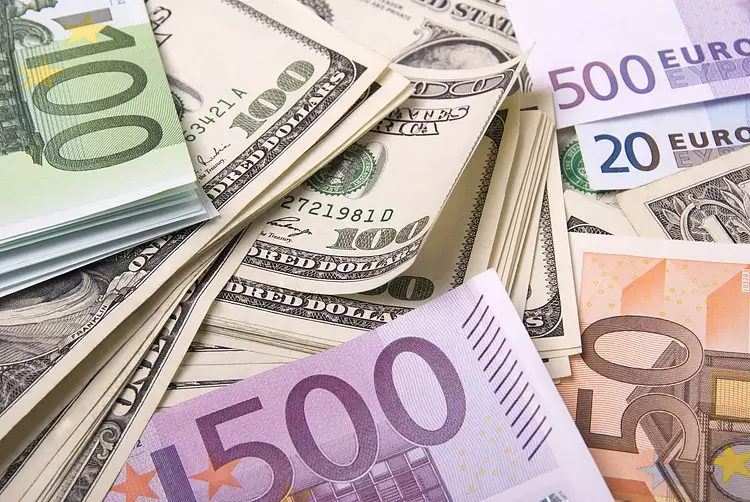In the latest financial cycle, the Euro has faced challenges in its valuation against the U.S. Dollar, experiencing a decline of approximately 0.2% on Tuesday alone. The currency pair, EUR/USD, continues to draw attention from traders and economists alike as it navigates the complexities of market sentiment and economic indicators. This downturn is particularly significant given the broader context of ongoing global currency fluctuations, which have made the foreign exchange market more unpredictable than usual.
Factors Impacting Euro Valuation
The recent results from the European Central Bank (ECB) Bank Survey have raised concerns regarding the Euro’s strength moving forward. The survey appears to indicate that market conditions are less favorable for the Euro, effectively trimming any potential bullish momentum. Such reports can greatly influence trader sentiment, shaping expectations around economic performance in the Eurozone. This shift in perception is critical as it highlights the factors that can substantially affect the Euro’s standing in the foreign exchange market.
Interest Rate Decisions and Their Implications
Adding to the uncertainty surrounding the Euro is the anticipation of further monetary policy adjustments by the ECB. Analysts widely expect the central bank to implement another rate cut of 25 basis points in the upcoming meeting. This anticipated reduction could potentially weaken the Euro further as lower interest rates often make a currency less attractive to investors seeking better yields. In light of this, market participants are closely scrutinizing the ECB’s actions and rhetoric, aware that such moves can have lasting effects on the Euro’s valuation.
The Eurozone’s economic indicators reflect a mixed picture; while some sectors are showing resilience, uncertainty persists due to external pressures such as geopolitical tensions and supply chain disruptions. These factors, coupled with a robust U.S. economic performance, have propelled the Dollar, making it a preferred choice for many investors. As the Dollar strengthens, the symmetrical relationship between these currencies gives rise to speculation about future movements. As the market digests these dynamics, the Euro faces an uphill battle in regaining its footing.
Moving forward, the trajectory of the EUR/USD pair will likely be influenced by a combination of ECB policy moves, inflation trends, and economic performance both in Europe and the United States. Traders will need to remain vigilant, as any unexpected announcements from the ECB or significant economic releases could quickly alter the sentiment in the market. The outcome of the anticipated interest rate cut will be a pivotal moment, potentially dictating the Euro’s path in the coming weeks.
While the Euro’s current outlook appears fraught with challenges, it is essential for traders and economists to consider a wide array of factors that could influence the currency’s future. The interplay of monetary policy, economic data, and market sentiment will be crucial in shaping the direction of the Euro against the enduring strength of the Dollar.

